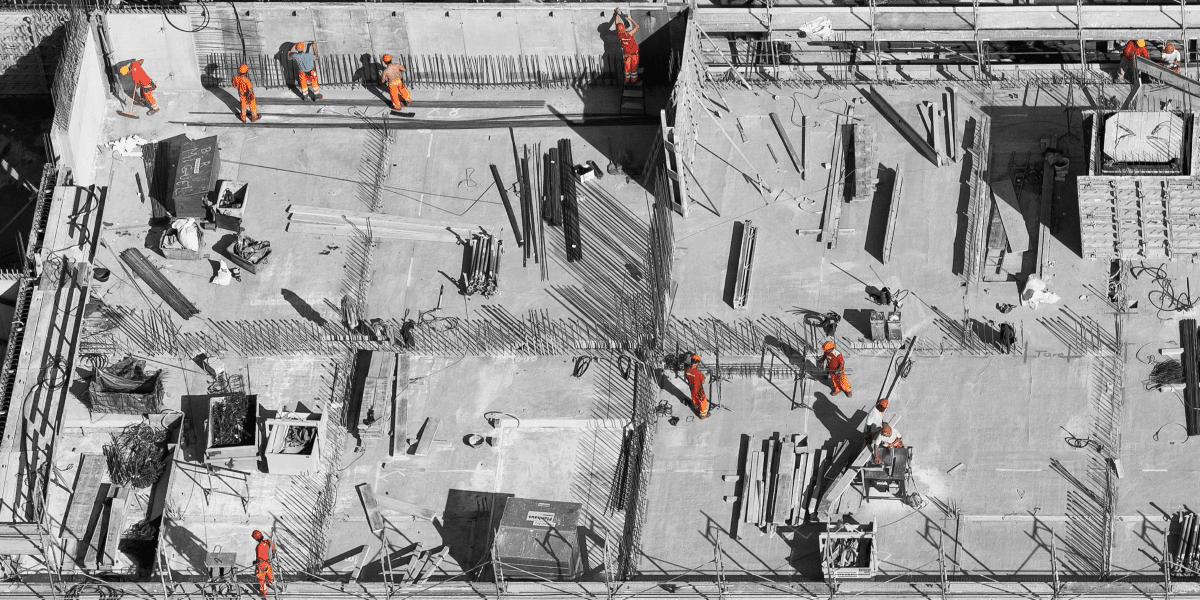By: John Glover (MBA)
Have you ever considered how a single piece of paper can make or break your business? There are several such documents, but lease agreements are essential in determining the success of your small business.
A lease agreement is typically required whether you have engaged with a lawyer to set up an llc and are in the process of launching a new business for which you will need to rent a commercial space, or if you are buying an existing business that operates from a location and will need a lease assignment. In both scenarios, the lease agreement that you sign has a direct and significant impact on the health of your business.
Working with a small business attorney can help ensure your lease agreements protect your rights and clearly state your duties. Whether you need assistance or want to negotiate your lease terms, this guide will help you better understand lease agreements.
Understanding Lease Agreements
A lease agreement is a contract between a landlord and a tenant. It covers details of how long you’ll stay, how much rent you’ll pay, and what both sides must do while the relationship lasts. You agree to pay rent regularly, and the landlord ensures the space is ready.
You might be tempted to skim through the document and sign on the dotted line, however, it’s important that you fully comprehend what you’re agreeing to because the fine print can contain clauses that may be detrimental if not carefully considered.
Types of Lease Agreements
There are various lease types for small businesses. Knowing them can help you negotiate a better lease:
- Gross Lease: Here, the landlord takes care of most costs, such as property taxes, insurance, and maintenance; while you pay a fixed amount.
- Net Lease: You pay base rent plus a portion of the property’s operating costs like upkeep, taxes, and insurance. These can be broken down further into single, double, or triple net leases.
- Percentage Lease: This type is quite common in retail. Your rent changes based on how much you sell, linking costs to your success.
What To Consider Before You Sign A Lease Agreement
To avoid legal traps, ensure the lease you want to sign follows local laws, and keep your interests safe, you must review the following elements in your agreement and be sure it is the perfect fit for your business.
Term Length and Renewal Options
How long is the lease? A year? Five years? Longer? Typically, commercial leases range from one to ten years, depending on the property type and location.
A longer lease might provide stability, but it also locks you in for a longer period, which can be risky if your business needs change. On the other hand, shorter leases offer flexibility but may lead to higher costs if the market rent increases when you want to renew.
Renewal options are also vital. Ensure that the lease clearly outlines how and when you can renew your lease, and under what terms. It’s common for landlords to increase rent during renewal periods, so be sure to negotiate this aspect upfront to secure your interests.
Rent and Additional Costs
Rent is an important expense for a small business, so you must understand how it’s calculated. Some leases offer a flat rate, while some might include variable costs such as a percentage of sales or shared expenses like maintenance and utilities.
Be wary of hidden costs that may not be immediately apparent. For example, some landlords may charge for repairs or renovations that benefit the entire building, not just your space.
It’s also important that you understand how rent increases are handled. Are they based on a fixed percentage, tied to inflation, or determined by the landlord’s discretion? Knowing this can help you budget effectively and avoid unexpected financial strain.
Maintenance and Repairs
Another aspect of a lease agreement is maintenance and repairs. While residential leases typically require landlords to handle most repairs, commercial leases often place this burden on the tenant. This can range from minor fixes, like replacing light bulbs, to major repairs, such as HVAC system replacements.
Carefully review the lease to understand what you’re responsible for and what falls under the landlord’s purview. It’s not uncommon for small business owners to be surprised by unexpected repair costs that could have been negotiated before signing.
Use and Exclusivity Clauses
Lease agreements often contain use clauses that dictate the business activities that can be conducted on the premises. For example, if you’re opening a restaurant, the lease may specify that the space can only be used for food service or are you allowed to have outdoor seating? The use clause must align with your business model and future growth plans.
It is also important to consider exclusivity clauses. These clauses prevent the landlord from leasing nearby spaces to direct competitors, which can be necessary in saturated markets. For example, if you’re opening a coffee shop, an exclusivity clause would prevent another coffee shop from opening in the same shopping center, thereby protecting your customer base.
Subleasing and Assignment
Business needs can change, and there may come a time when you need to move to a larger or more suitable location before your lease expires. In such cases, subleasing or assigning the lease to another tenant could be an option. However, not all leases allow for subleasing, and those that do often have strict conditions.
Subleasing allows you to lease the space to another tenant while being responsible for the lease terms. Assignment, on the other hand, transfers all rights and obligations to the new tenant. Before signing, make sure the lease provides flexibility in these areas to avoid being locked into a space that no longer satisfies your business needs.
Negotiating the Lease
One of the most overlooked aspects of signing a lease is the opportunity to negotiate. Many small business owners mistakenly believe that lease terms are set in stone, but in reality, landlords often expect negotiations, especially in a competitive market. Everything from rent and term length to maintenance responsibilities can be up for discussion.
At negotiation, you should work with an attorney who understands commercial leases. They can help identify areas where you can ask for concessions, such as rent-free periods, flexibility on rent increases, tenant improvement allowances or caps on rent increases.
They help you establish clear responsibilities for property maintenance to avoid future conflicts and communicate openly with the landlord about your needs and expectations to encourage a collaborative atmosphere.
Get It in Writing
Any changes or agreements made during negotiations should be documented in writing. A verbal agreement often leads to misunderstandings and is challenging to enforce. A well-documented lease is your best protection if a dispute arises.
Final Thoughts
Signing a lease is a springboard for your business success. It’s not only about finding a space that fits your current needs but securing terms that protect your business’s future.
Engaging a local small business lawyer and thoroughly reviewing your lease can save you from potential pitfalls. When it’s time to sign on the dotted line, don’t rush. Take the time to understand every clause. Your future self will thank you.
Disclaimer: “The content in this article is provided for general knowledge. It does not constitute legal advice, and readers should seek advice from qualified legal professionals regarding particular cases or situations.”
Published by: Nelly Chavez












